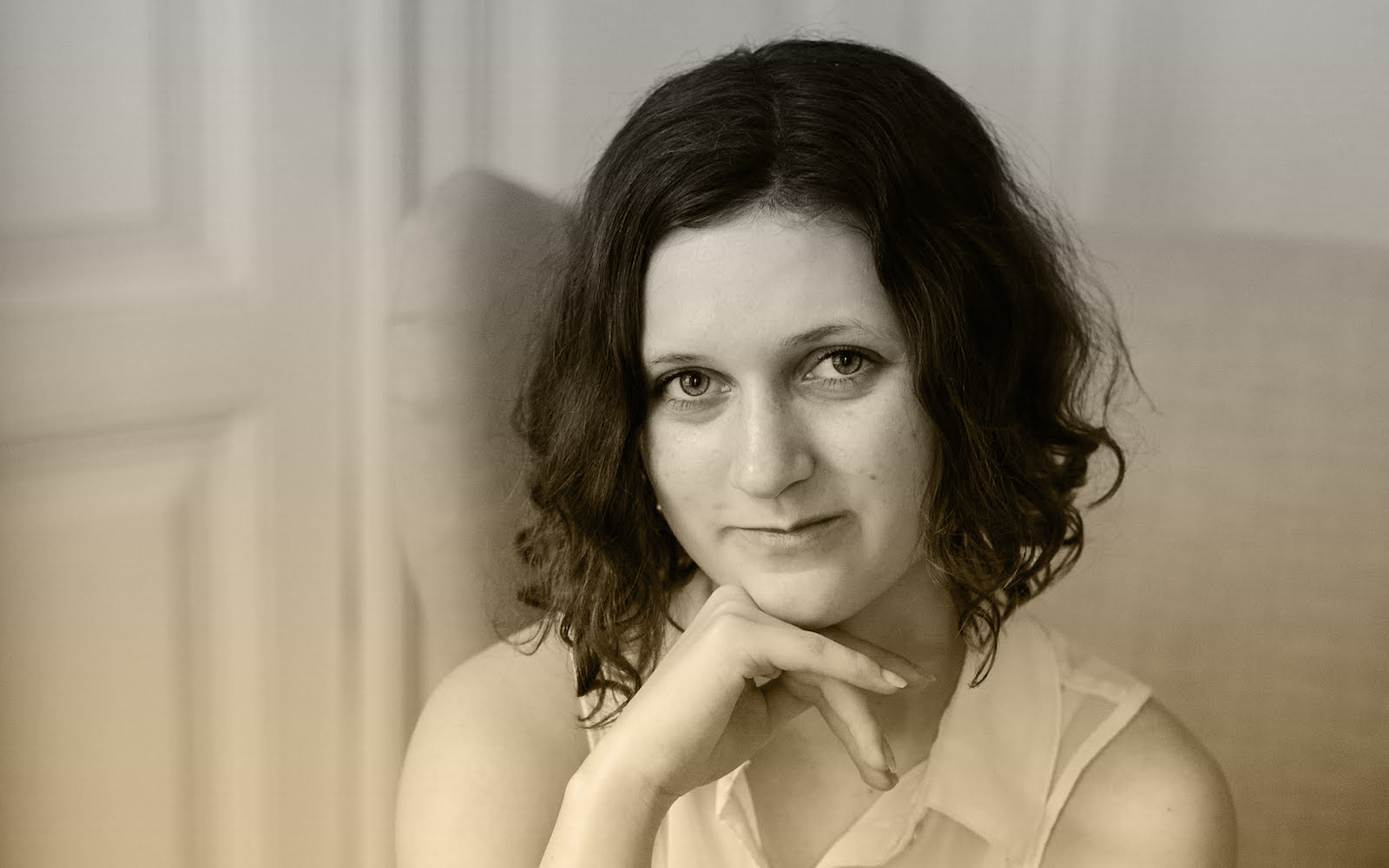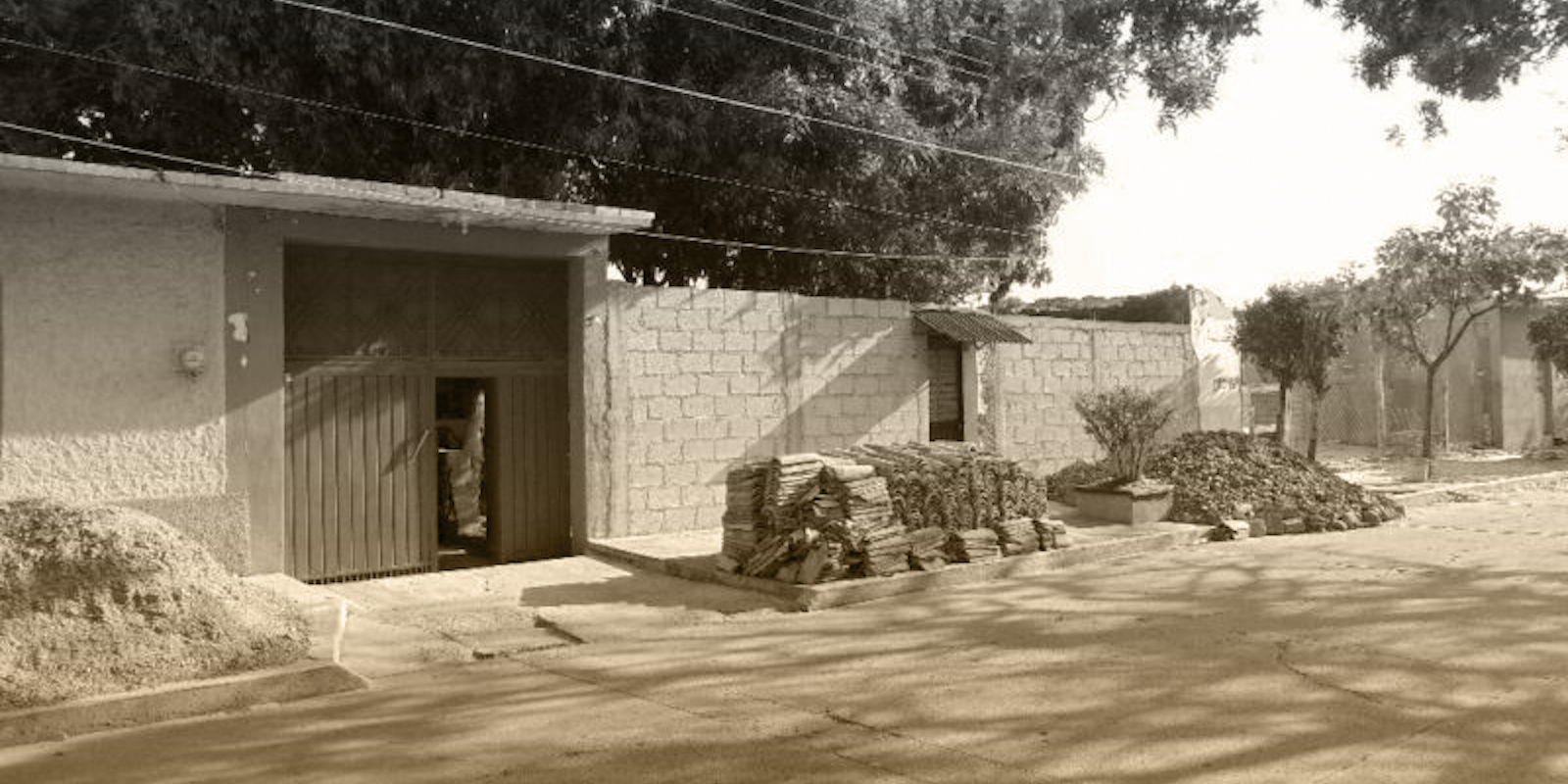
The beginning of August in Ixtepec, Mexico feels like eternity. The sun, stretched across the sky, glares down with an intensity that is nearly immobilizing. A man enters my migrant shelter with a shirt clung desperately to his spine. Hanging off of the plastic next to the intake table, our eyes meet, weary yet warm.
Intakes usually end at 7 p.m. “Where are you from?” I offer.
I never asked his name. He never asked mine. In a temporary place where people were passing nicknames and descriptions, names felt unnecessary.
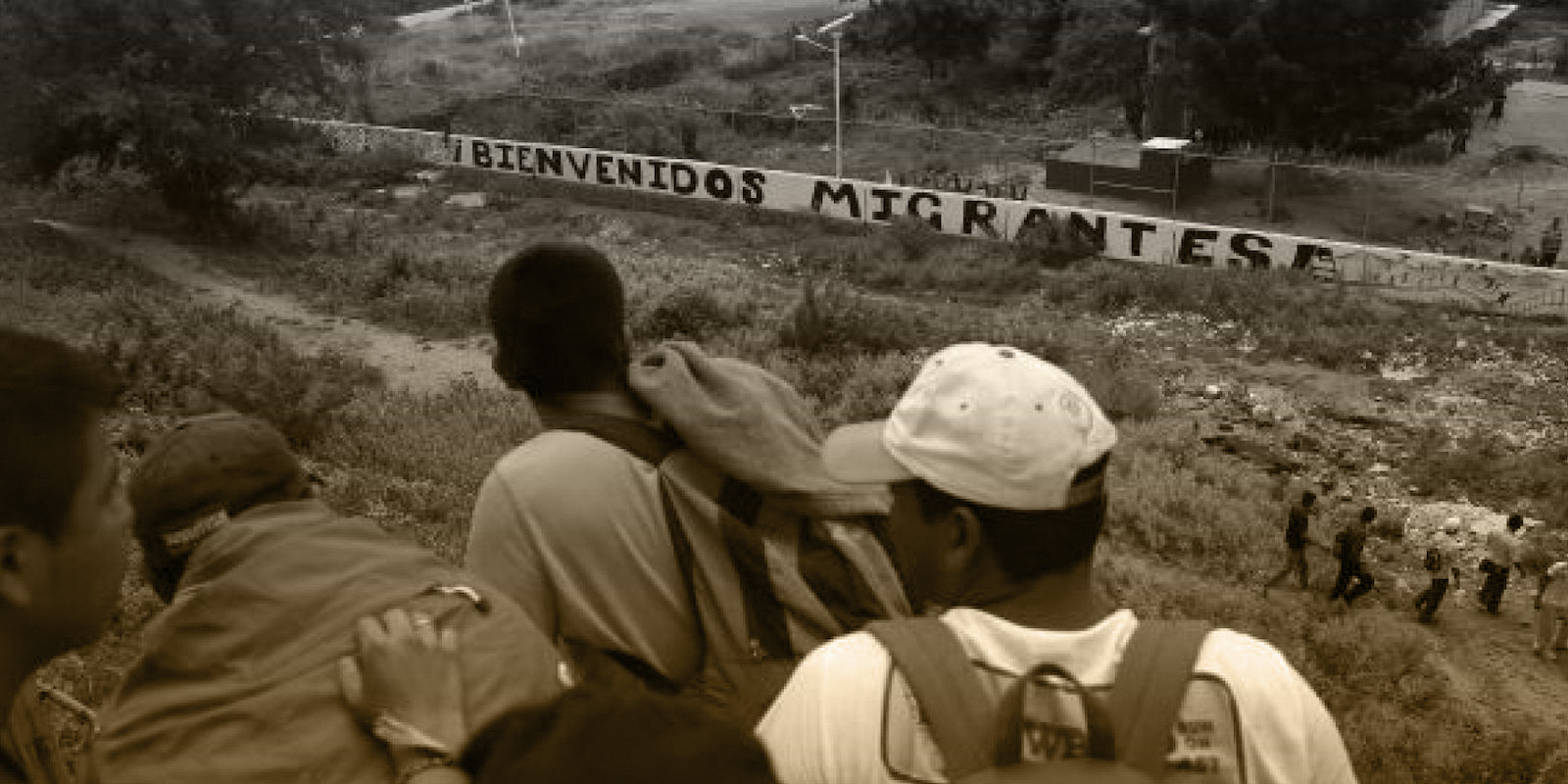
El Salvador had arrived at the shelter as a part of one of the infamous caravans that passed frequently through the town.
I do not ask why he is here or where he plans to go. “How long do you plan to stay?”
He looks at me with truthful eyes, “Until you kick me out, I suppose. I’ve got plans.”
At the time, I thought it was a joke. So many migrants become trapped in the shelter in a series of legal webs. But I was wrong.
Our partnership started a few days later when he approached me in the medical wing before dinner. He motioned me over and cocked his head towards a more secluded area, like he was preparing himself to divulge to me the world’s greatest secret. I walked over and he whispered, “I need your help with a project.”
“Okay,” I said, curious. “What project?”
He needed someone who knew how to read and write; he wanted to publish a report. “I have something that the world needs to see.”
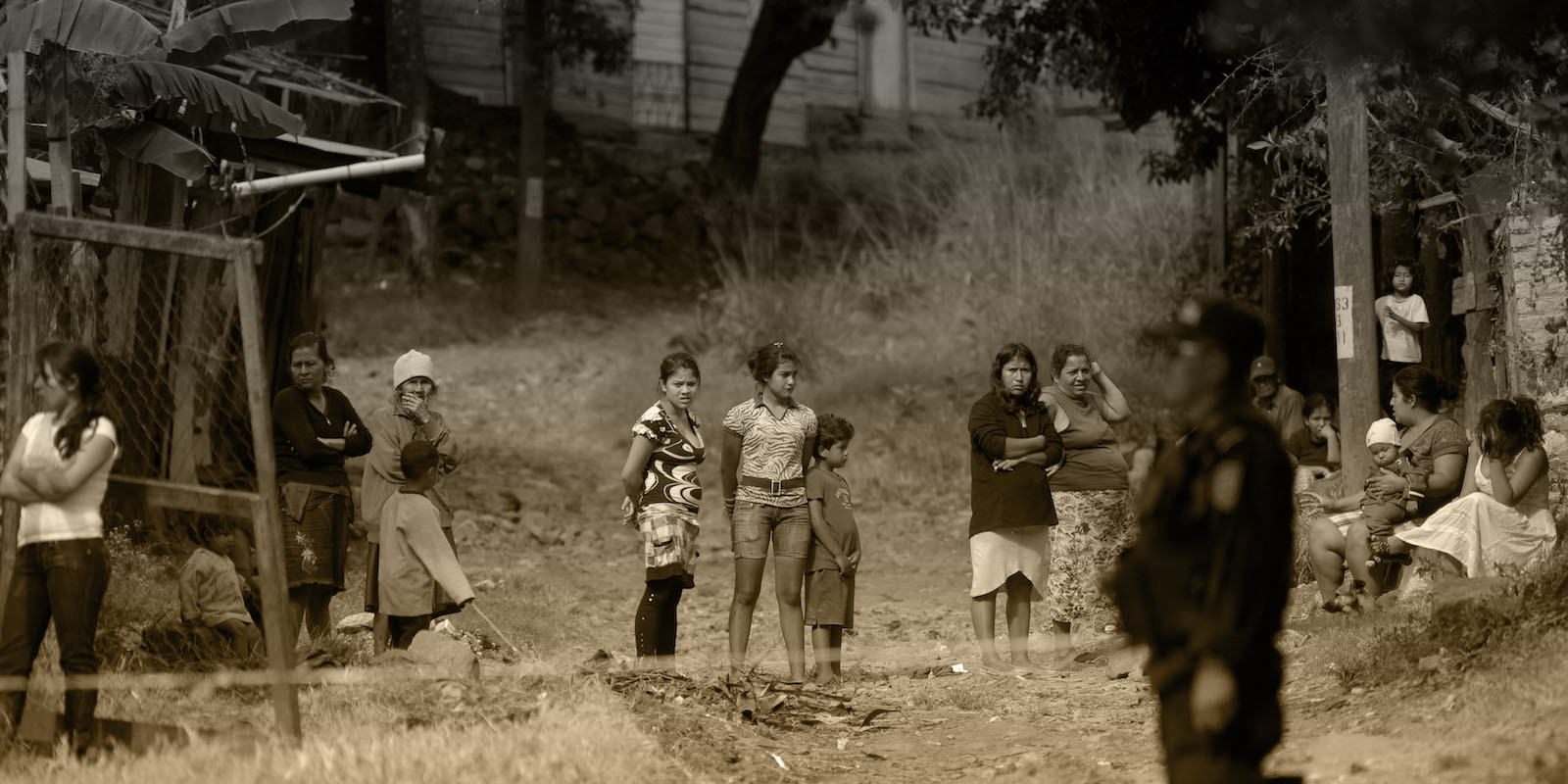
He proceeded to direct me to a Facebook video of a migrant woman being pulled, wailing, out of a white van by a policeman and thrown to the ground as she screamed for her child still trapped inside. Gunshots fired in the background. Migrants fled up the sides of hills, into the trees, dumping rocks, sticks, leaves — in a desperate escape from the police chase.
“I was there when it happened”, the man said. “And people need to know what they’re doing to us.” He wanted to publish. He wielded a raw determination to be heard. His invisibility, for so long, had overgrown its profound containment.
Days upon days, we huddle over a computer late into the night. Gold spilled from overhead; a single lightbulb shone shamelessly in contrast to the darkness. He dictates eloquently, passionately, fiercely... in a way that spoke of nothing but a biting truth begging to be heard and known. He hungered to have a voice. The stark silence from Mexico’s prominent journals spurred him louder.
I thought we might never stop.

Until the day he quietly collapsed.
I remember how strangely reserved he was. He would walk purposefully up to me four, five, six times a day to urge me to post more on the Facebook page that we had created... how we had to email this newspaper, that magazine... just one more time. But that day he sulked. Standing by the chain link fence at the far end of the shelter, he glazed out towards the stream that ran through the dirty grass beyond.
I approached him after dinner. Music from one of our goodbye dances played in the background. “You’re never this quiet,” I teased.
El Salvador turns to me. Sadness and fear seemed to age him by fifty years. “My mom called today. My brother is dead. He died in a car accident,” he started, paused, and then, in a whisper, “I have to go home and help her.”
A flatness caught a hold of the air between us. The energy drained from both our bodies at once, as the wind picked up and the branches above began to sway.
I asked him, softly, “What will happen when you return?” But his story does not belong to me. I waited for him.
“They will kill me.”
I stared into metaphorical headlights, already knowing the answer yet unable to look away. “Who will kill you?”
“The gangs,” he continued. “They’ve promised to kill me. I will die the second I set foot in that town again.”
I wanted to argue, protest, appeal, demand, plead, force, somehow convince him not to leave. But it was not my place to try and make this decision for him. After a moment, I asked simply... whether he was ready to die.
He laughed, “Are you?”
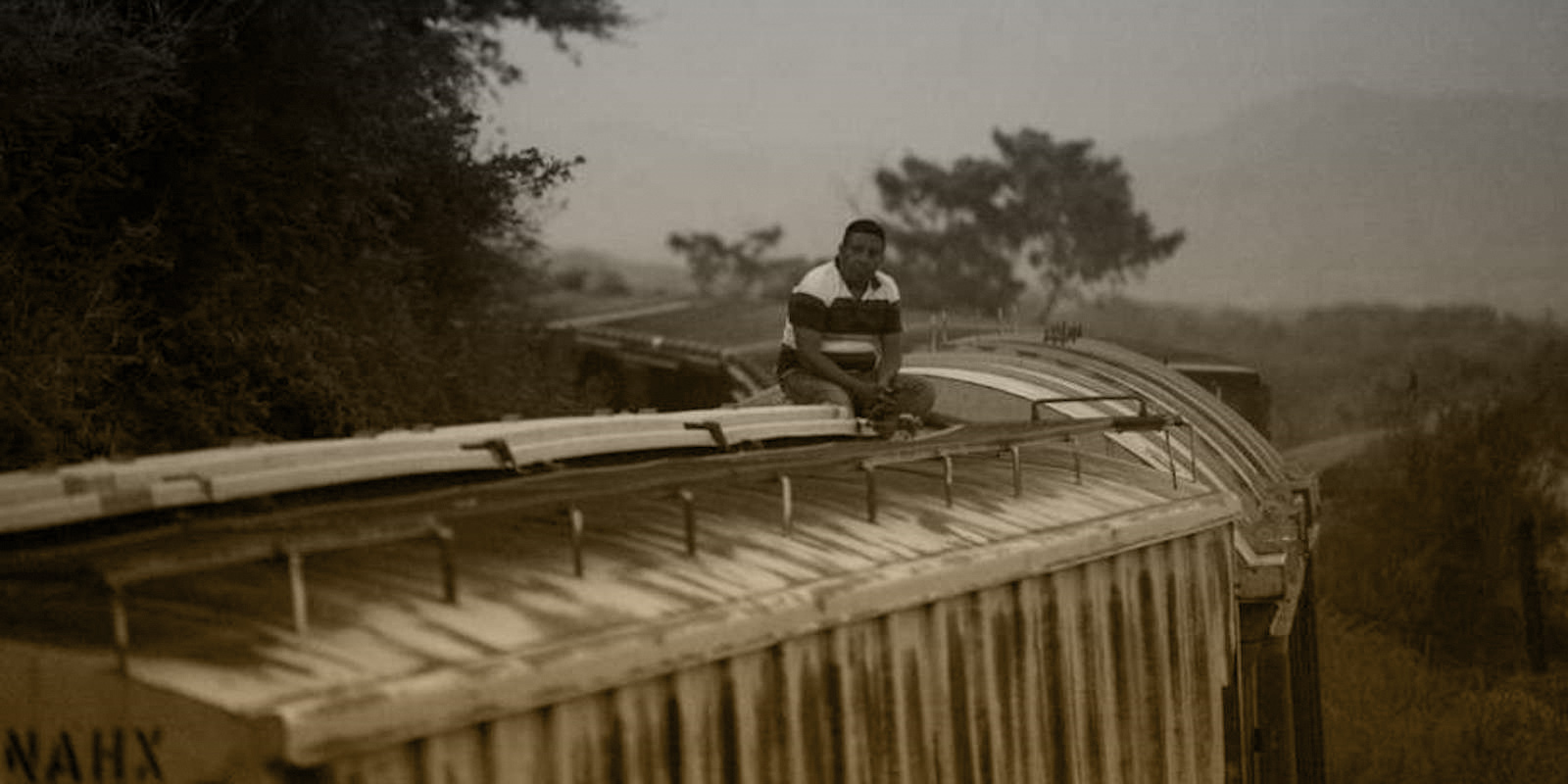
When I close my eyes, I can see the faces of all of these individuals who departed to stare down their deaths: from inadequate medical care in the United States, extreme conditions in the Mexican desert, and machete cuts in Honduras. Their tragedies mingle among the countless stories of hope: successful businesses in a refugee’s new home, family found in the United States after eternity at the border, and new love sparked atop La Beastia in Guatemala.
El Salvador, in the midst of the wounds of his journey, shapes mine. He and the many alongside him retaliate to expose the injustice that has been pushed upon them — to root out the poverty, disease, and violence devouring their community. It is a story of unimaginable grit and dauntless love.
Truth acknowledges that the world is equal parts light and dark. At random, our nationality, race, and economic class, either light or dark may disproportionately reign over our life. Being profoundly human, embracing both possibilities fearlessly, is the only way to settle the score.
Alongside bold community leaders, like El Salvador and Mexico, I work for survivors. I work to rebuild lives from devastating Western geopolitics. I work to remind communities of their own resilience, to restore their own image.
I am here to brave the journey, together, through darkness and through light.
